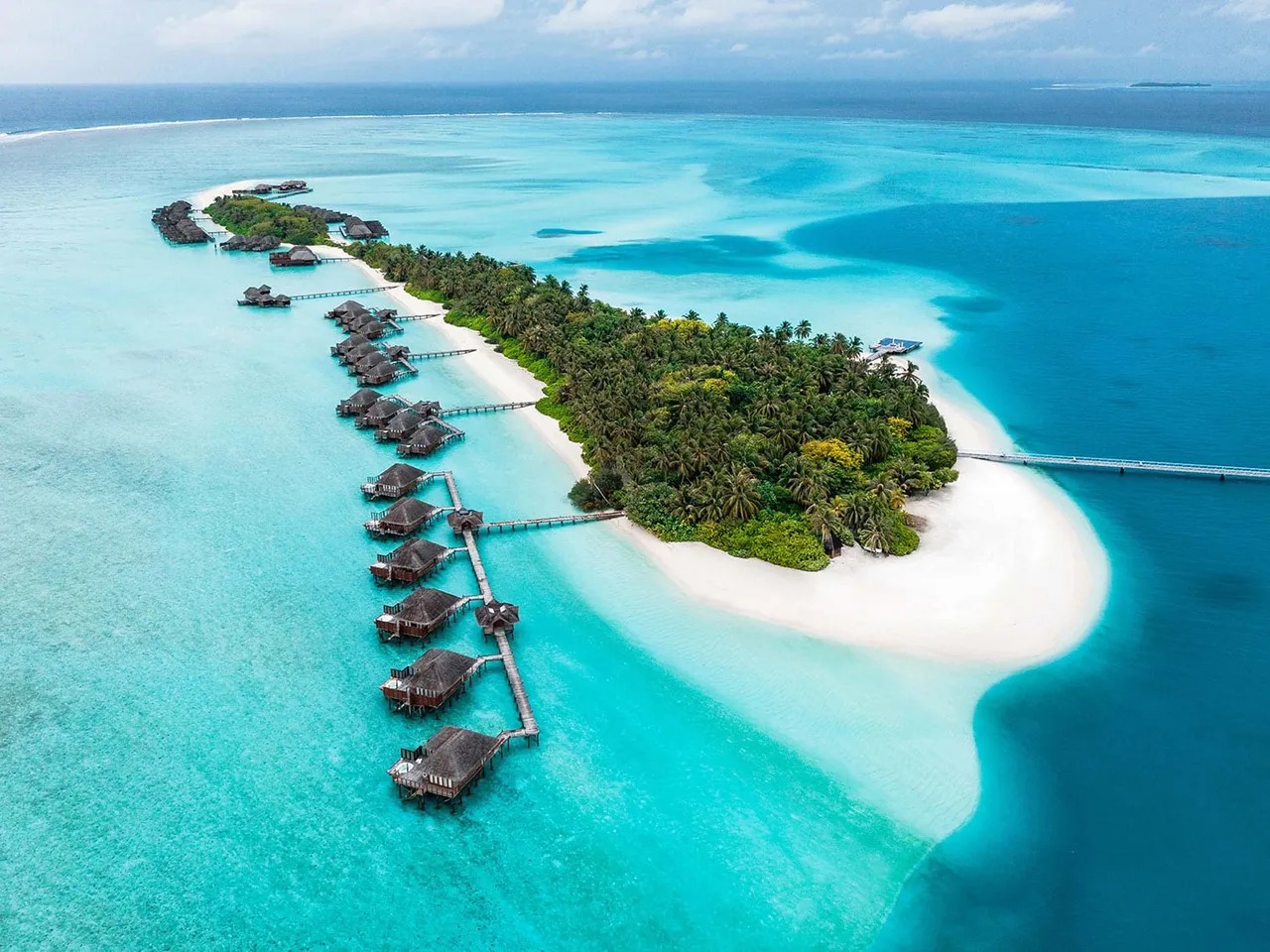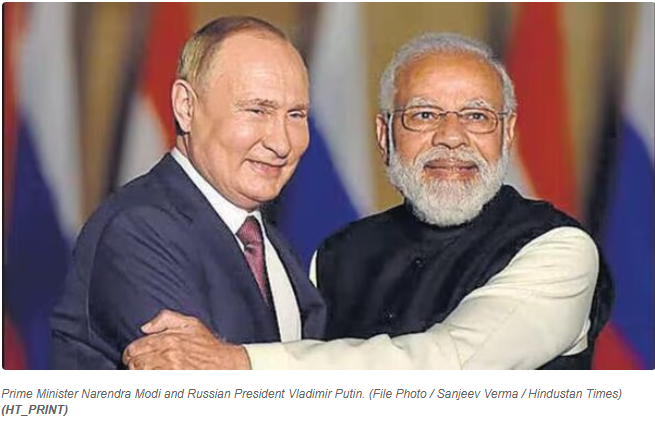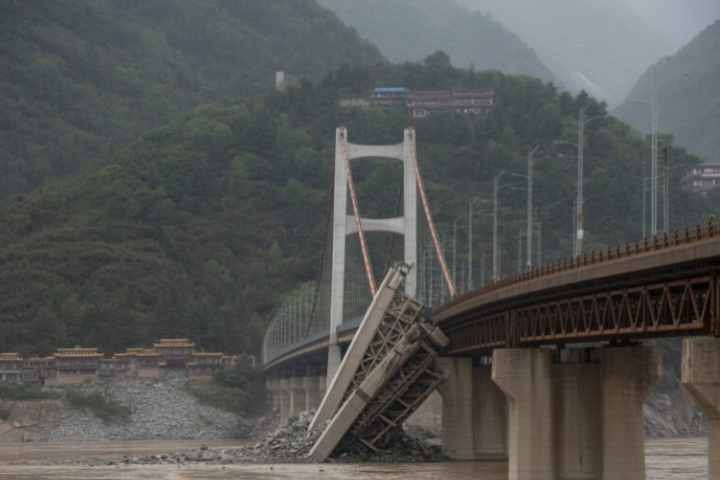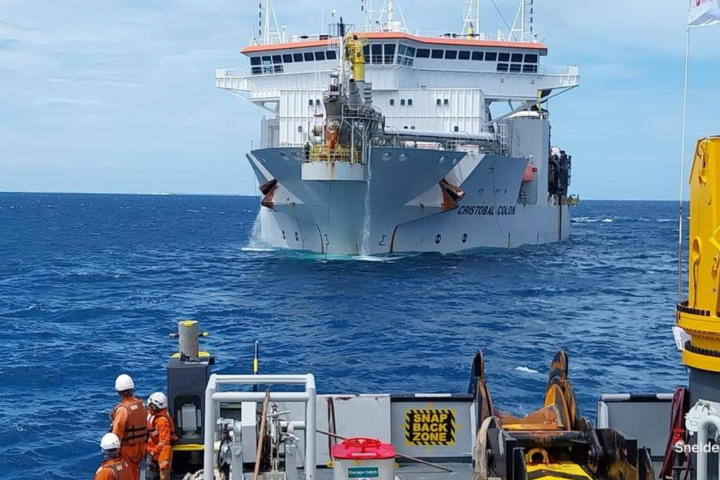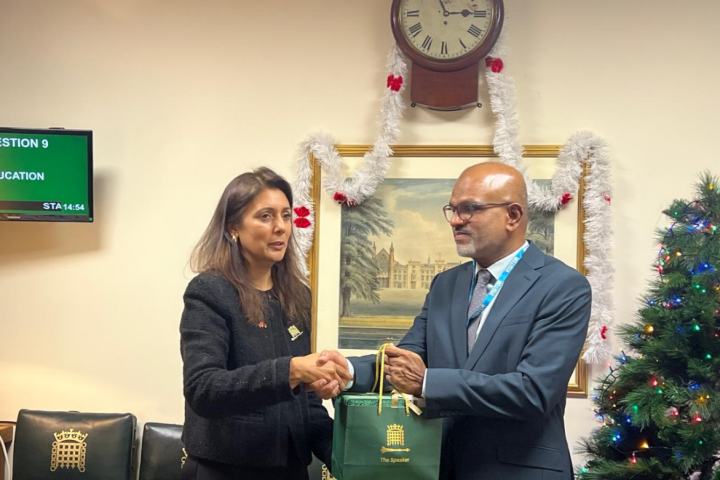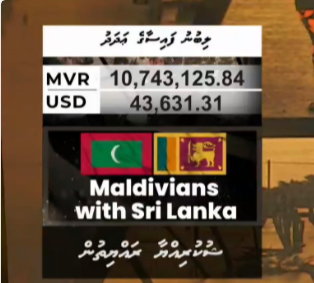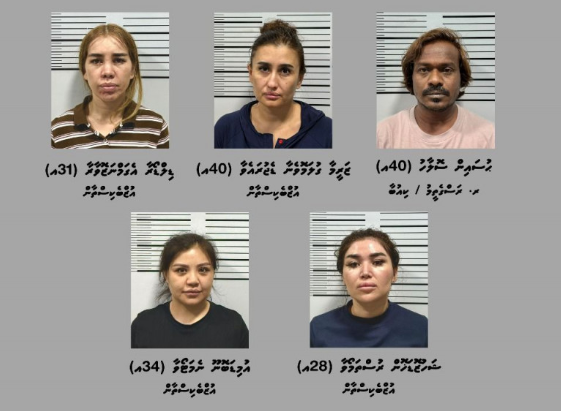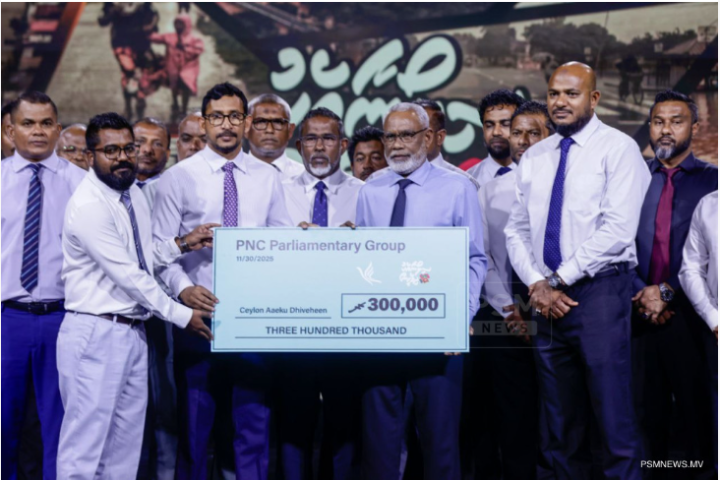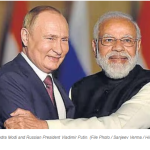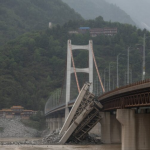Malé, Maldives — President Dr. Mohamed Muizzu’s government is navigating a precarious economic landscape, compounded by surging debt and intensifying geopolitical pressures from regional powers China and India. Despite efforts to boost revenue and streamline government operations, concerns about the long-term viability of the economy and the nation’s position in regional power dynamics are mounting.
This analysis draws from insights provided by Aditya Gowdara Shivamurthy, an Associate Fellow with the Strategic Studies Programme at the Observer Research Foundation.
Revenue Generation Efforts Insufficient to Address Core Debt Issues
The Muizzu administration has implemented policies aimed at enhancing revenue, including strengthening customs and tax administration—a move projected to recover approximately $513 million. The government is also reforming State-Owned Enterprises (SOEs), modernizing some while dissolving or merging others. Additional reforms include restructuring health insurance schemes, directing subsidy transfers, and collecting payments at Malé’s commercial harbor in US dollars. A development bank is slated to become operational soon, focusing on funding sustainable economic and social projects.
Despite these measures, concerns persist that the government’s approach may be overly short-sighted. Shivamurthy notes that much of the country’s debt comprises non-bilateral obligations, such as external bonds, which are not being sufficiently addressed, leaving the economy vulnerable to immediate redemption pressures and further destabilizing its debt profile.
Debt Restructuring and Infrastructure Ambitions Under Scrutiny
In an effort to restructure debt, President Muizzu has sought a five-year grace period from China, aiming to use this opportunity to diversify the economy and advance ambitious infrastructure projects. These plans include the introduction of bunkering, transshipment, and international financial services—sectors that will face stiff competition from established players in India and Sri Lanka. Additionally, the government plans to increase the number of airports from 16 to 31, construct three new bridges to connect distant islands, and develop a monorail system, underwater tunnels, and reclaimed islands. Over 100,000 housing units have also been promised nationwide.
However, these extensive projects risk exacerbating the nation’s debt and compounding existing structural challenges, raising doubts about the sustainability of such investments. Shivamurthy cautions that Chinese debts, in particular, could pose significant challenges for future administrations, potentially trapping the Maldives in a cycle of debt dependence.
Geopolitical Tensions Escalate as India and China Vie for Influence
The Maldives’ economic vulnerabilities are drawing it deeper into the strategic competition between India and China. China has been increasing its presence in the Maldives, offering to build roads, houses, and upgrade infrastructure. It has also sought to counter India’s strategic influence by developing an agricultural zone in UTF and upgrading Kadhdhoo airport, where Indian experts currently operate.
India, the Maldives’ second-largest external lender, is also leveraging the current crisis. External Affairs Minister S. Jaishankar’s visit to the Maldives tomorrow is expected to explore new areas of collaboration and push for progress on stalled projects, including the UTF harbor. This visit comes at a critical juncture, with another State Bank of India (SBI) treasury bill worth $50 million set to mature in September, underscoring the delicate balancing act the Maldives must perform between its two major external creditors.
Uncertain Future for Maldives’ Economy
The economic crisis represents one of the most significant challenges facing President Muizzu’s administration. While the government has made strides in addressing immediate revenue needs, the lack of a comprehensive long-term strategy for managing non-bilateral debt and fostering a resilient economy is becoming increasingly apparent. As the Maldives becomes more entangled in the India-China rivalry, its economic and political sovereignty may be further compromised, complicating efforts to navigate the challenging waters ahead.
